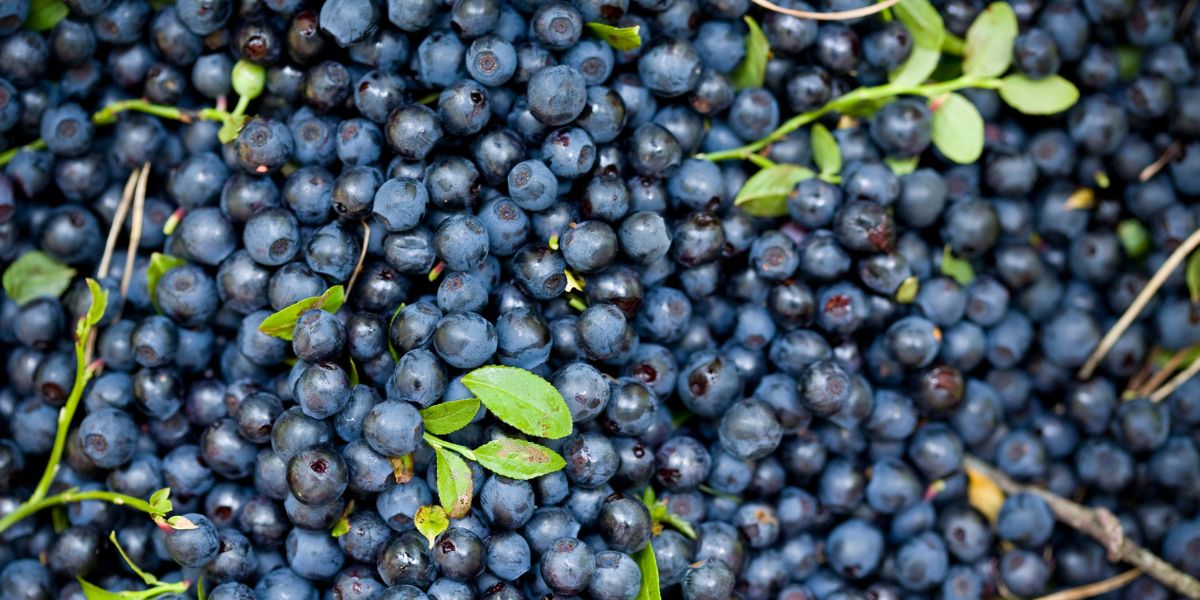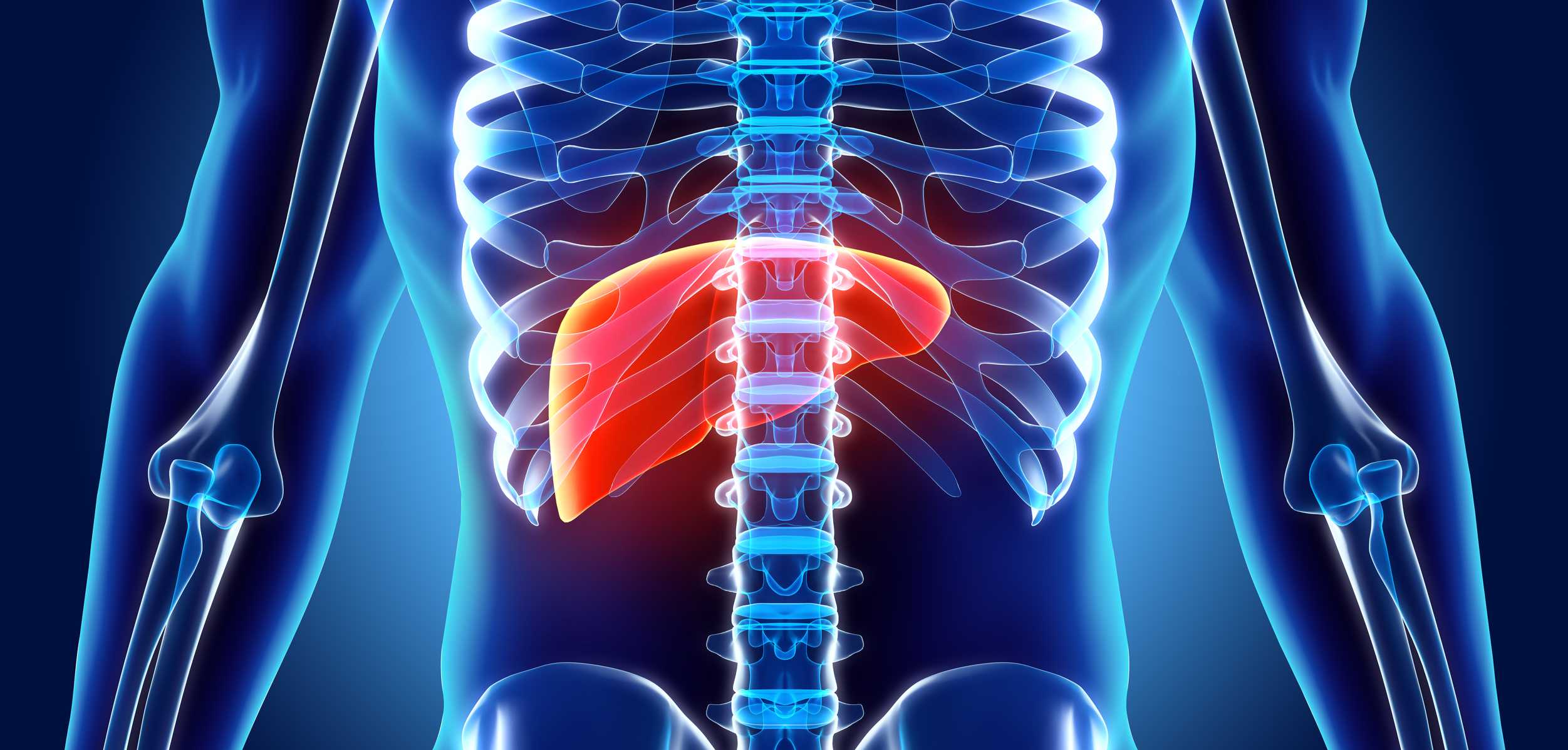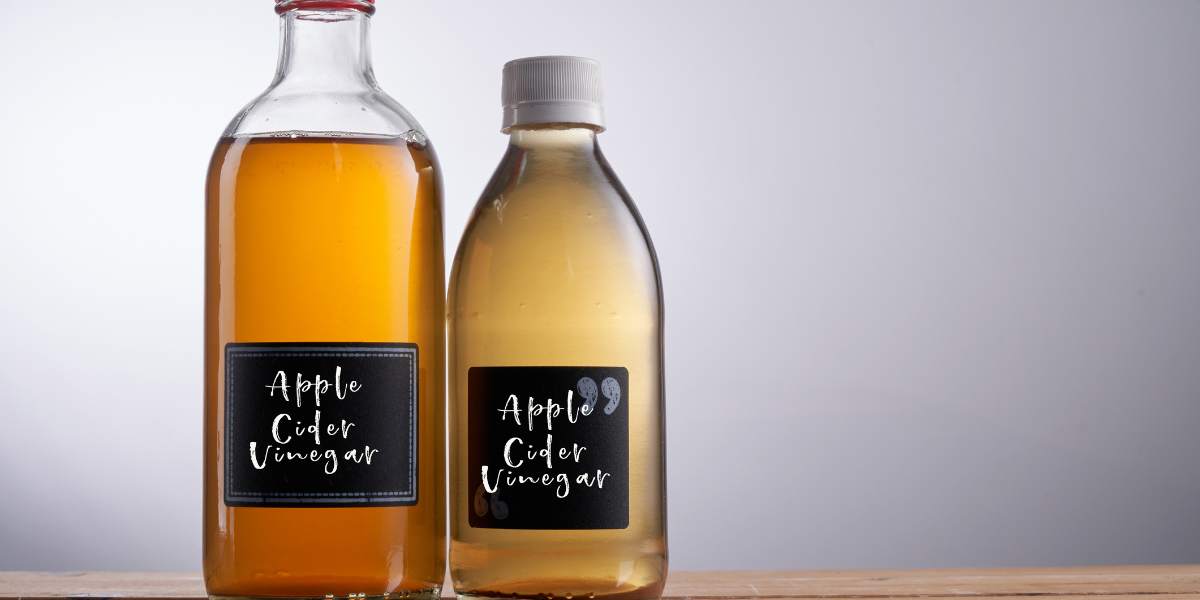Bilberries (scientific name: vaccinium myrtillus) are a dark blue fruit, similar in appearance to blueberries but are smaller, softer and darker.
Research studies indicate that a compound in bilberries, anthocyanosides, appear to promote blood vessel strength which could have protective properties against forms of retinal damage in people with diabetes.
What are anthocyanosides?
Anthocyanosides are a part of a class of nutrients called flavonoids that are found in a number of fruits and other plants.
Anthocyanosides are found abundantly in a number of purple, blue and red berries and also in purple coloured vegetables.
What are the benefits of bilberry extract?
The following benefits have been observed from research studies into bilberries, bilberry extract or anthocyanosides:
- Strengthens blood vessels
- Improves circulation
- Treats diarrhoea
- Prevent cell damage
- Could help in treating retinopathy
- May help lower blood glucose levels
Bilberry extract and retinopathy
Retinopathy and maculopathy are both conditions of the retina in the eye that are more likely to develop in people with diabetes.
Research has shown that people with retinopathy that took bilberry extract during the study showed signs of strengthening of blood vessels in the retina and reduced haemorrhaging.
The research that has been carried out to date has been small scale and so whilst bilberry extract shows promise, researchers are yet to find out how much bilberry extract may be of help in limiting the development of retinopathy.
- Read more about diabetic retinopathy
Bilberries and lower blood glucose levels
Bilberry extract is not recognised as a treatment for diabetes but people with diabetes may notice that it helps in lowering blood glucose levels.
If you are on blood glucose lowering medication that can bring on hypoglycemia , you may need to monitor your blood glucose levels and take precautions to ensure blood sugar levels don’t go too low.
Bilberries and heart health
The National Institutes of Health in the United States notes that there is evidence to suggest that bilberry extract could help lower blood sugar and blood cholesterol levels. Animal studies indicate that anthocyanosides may prevent oxidation of LDL cholesterol which plays a role in atherosclerosis and heart disease
Anthocyanosides are also recognised as being helpful for improving circulation and reducing the risk of blood clots forming.
How can bilberry extract be taken?
Bilberry extract can be taken in supplement form, often as tablets or capsules. Bilberries can be eaten, in fresh or dried forms, or drank as bilberry tea or as a smoothie.
It is advisable to check with your doctor before taking any new supplements
Are there other foods which contain anthocyanosides?
Other good sources of anthocyanosides include:
- Acai berries
- Blackberries
- Cranberries
- Raspberries
- Blue and purple grapes
- Aubergines
- Red cabbage
Health cautions
Bilberry extract is regarded as safe to take for most people. The US National Institutes of Health advises that taking bilberry extract in large doses or over an extended period of time have not been studied by research and therefore could be unsafe.
People with diabetes on blood glucose lowering medication should be aware that bilberry extract may lower blood glucose levels and could increase the risk of hypoglycemia.





